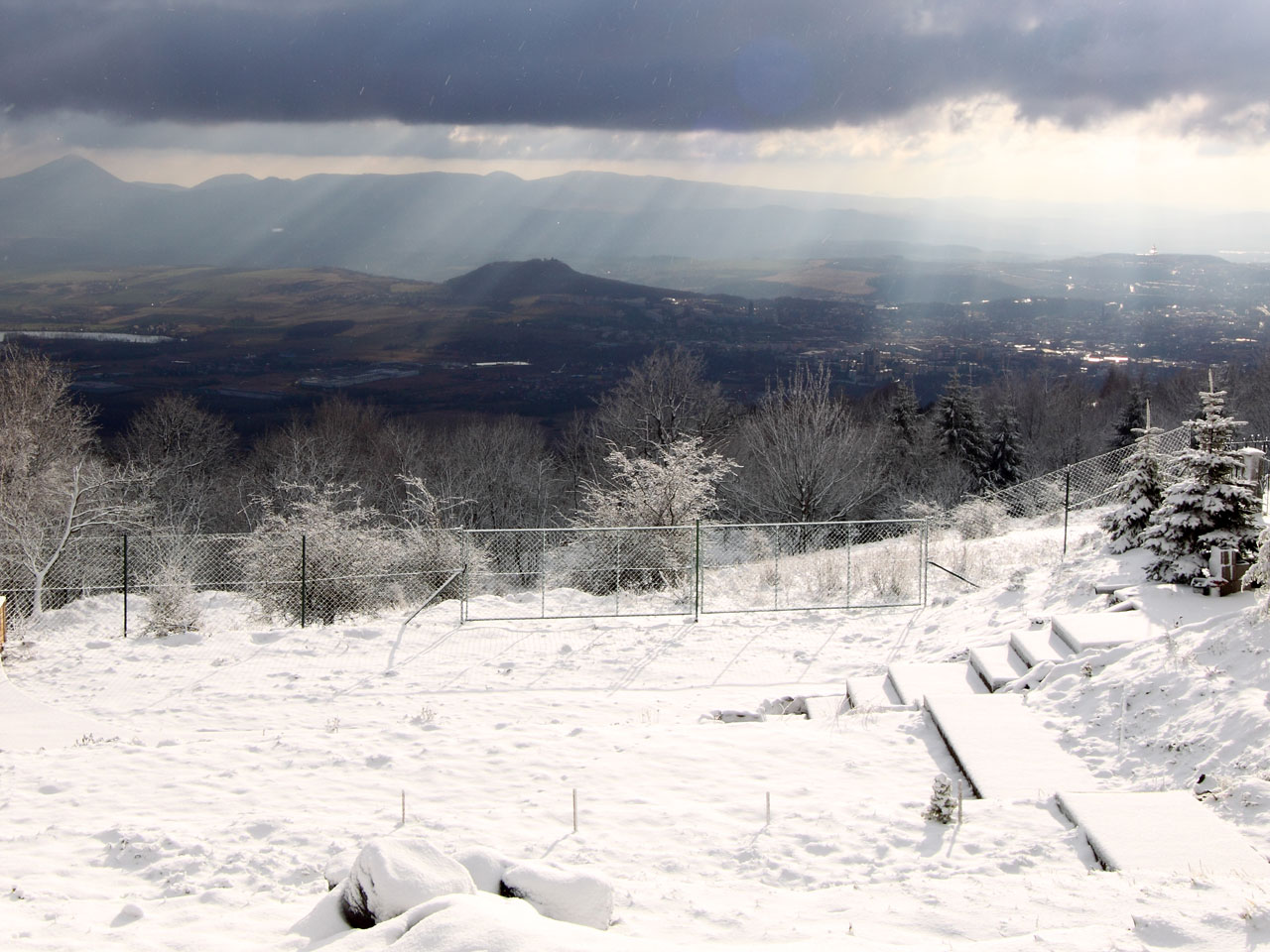Ultimate Guide to Winter Vegetable Gardening, Top Tips

Ultimate Guide to Winter Vegetable Gardening: Top Tips
Winter vegetable gardening might seem like a daunting task, but with the right knowledge, it can be a rewarding experience. Here are some top tips for winter planting, vegetable crops, cold climate gardening, and seasonal gardening.
Winter Planting: What You Need to Know
Winter planting is all about timing. You need to plant your vegetables at the right time to ensure they mature before the harsh winter weather sets in. The best time for winter planting is usually 6-8 weeks before the first expected frost.
Choosing the Right Vegetable Crops
Not all vegetables are suitable for winter gardening. Some of the best vegetable crops for winter include kale, spinach, broccoli, and carrots. These vegetables are hardy and can withstand the cold temperatures.
Cold Climate Gardening: Preparing Your Garden
Cold climate gardening requires a bit more preparation. You need to ensure your soil is well-draining and rich in organic matter. Raised beds can also help improve drainage and insulate the soil.
Seasonal Gardening: Extending Your Growing Season
Seasonal gardening allows you to extend your growing season. Techniques such as succession planting and using cold frames or cloches can help protect your plants from frost and extend your harvest.
Frost Protection: Keeping Your Plants Safe
Frost protection is crucial in winter vegetable gardening. Covering your plants with frost blankets or row covers can help protect them from the cold. Remember to remove these covers during the day to allow for air circulation and sunlight.
Winter Vegetable Gardening Tips: Watering and Fertilizing
Watering and fertilizing are just as important in winter as they are in summer. However, you need to be careful not to overwater, as the soil doesn't dry out as quickly in the winter. As for fertilizing, a slow-release organic fertilizer can provide your plants with the nutrients they need throughout the winter.
Winter Vegetable Gardening: Pest and Disease Control
Pests and diseases can still be a problem in winter. Regularly inspecting your plants and using organic pest control methods can help keep these issues at bay.
Winter Planting: Harvesting Your Vegetables
Harvesting your vegetables in winter can be a joy. The cool weather can actually improve the flavor of some vegetables. Just be sure to harvest before a hard frost, as this can damage your plants.
For more detailed information on winter vegetable gardening, check out this guide.
Conclusion
Winter vegetable gardening might require a bit more effort, but the rewards are worth it. With these tips, you can enjoy fresh, homegrown vegetables even in the coldest months.
FAQs
-
What vegetables are best for winter planting?
- Some of the best vegetables for winter planting include kale, spinach, broccoli, and carrots.
-
When is the best time for winter planting?
- The best time for winter planting is usually 6-8 weeks before the first expected frost.
-
How can I protect my plants from frost?
- You can protect your plants from frost by covering them with frost blankets or row covers.
-
Do I need to water my plants in winter?
- Yes, you still need to water your plants in winter, but be careful not to overwater.
-
Can I use a cold frame for winter vegetable gardening?
- Yes, using a cold frame can help protect your plants from frost and extend your growing season.
0 Response to " Ultimate Guide to Winter Vegetable Gardening, Top Tips"
Post a Comment